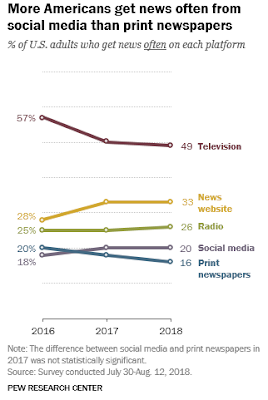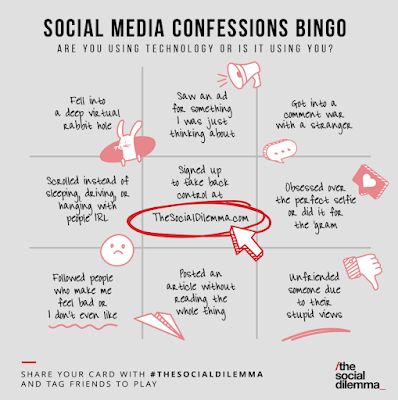The Sociology Club is hosting a film screening event of the Oscar-winning international film Parasite and post-screening panel (with Prof. Minwoo Jung) to discuss sociological themes of the film tomorrow (Thur, 3/16) from 4-7pm at Sullivan Center Galvin Auditorium. All are welcome!
Bong Joon Ho made history with his film Parasite which took home the Best Picture Award. It was the first time a movie that was not in English has taken home that award. Other acclaims include (from Wikipedia):
...the first South Korean film to receive an Academy Award nomination in any category, receiving a total of six nominations and winning Best International Feature Film, Best Picture, Best Director, and Best Original Screenplay. Parasite won for Best Original Screenplay, Best Foreign Film, Best Director and Best Picture.
Ho was also a sociology major! Bong enrolled in Yonsei University in 1988, as a sociology major. He then developed his sociological mindfulness to promote democracy. College campuses such as Yonsei's were then hotbeds for the South Korean democracy movement, and Bong was an active participant of student demonstrations, frequently subjected to tear gas early in his college years.
Parasite is a visual masterpiece, but it also contains strong sociological themes especially about social class.
Here is the Parasite trailer:
Here is Flick Fanatic explaining why Parasite is so good:















